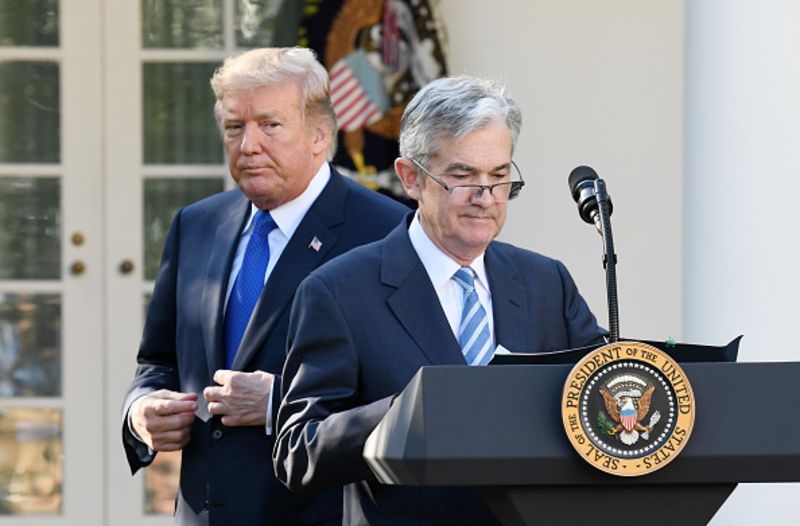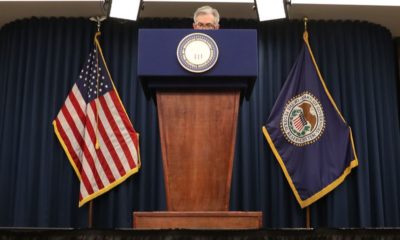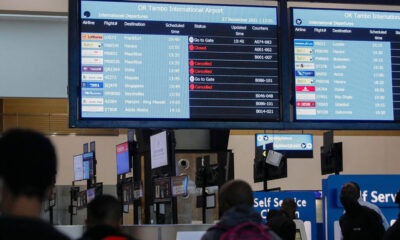A disputed result in November’s U.S. presidential election is now the number one concern for investors – even ahead of a second wave of Covid-19 – according to a new global survey.
The poll carried out by deVere Group, one of the world’s largest independent financial advisory and fintech organisations, asked more than 700 clients ‘What is your biggest investment worry for the rest of 2020?’
A contested U.S. election was the number one (72%); the impact of a Covid-19 second wave (18%) and U.S.-China trade war (5%). The remaining 5% was made up of other geopolitical issues, including Brexit.
735 people resident in the UK, North America, Europe, Asia, Africa, Latin America and Australasia took part in the poll.
Of the poll’s findings, deVere Group CEO and founder, Nigel Green says: “Investors around the world are beginning to freak about the U.S. presidential election.
“But not about whether Trump or Biden wins, rather over the looming possibility of a disputed outcome.
“President Trump is already questioning the legitimacy of the election, heightening the chances of a contested result and an ensuing constitutional crisis in the world’s largest economy.
“It’s getting ugly and investors are, rightly, concerned that this will generate massive waves of volatility in the markets, not only in the U.S., but around the world.”
He continues: “Investors are telling us this is their biggest investment worry for the rest of 2020.
“It is likely that any election-triggered volatility will be highly impactful for may be only two or three weeks.
“As always, investors should remain in the market during this time.”
Rational investors, Mr Green believes, should be capitalising on any election turbulence.
“There are two key reasons why investors should be building up their portfolios in volatile times.
“First, are long-term benefits. There are many unknowns, but what we do know is that over the longer-term the performance of stock markets is fairly predictable: they go up.
“Indeed, for this reason, over a longer time horizon, investing in equities is almost universally recognised as one of the best ways people can accumulate wealth.
“By not topping up and diversifying portfolios in volatile periods, investors are pushing back the longer-term benefits they could be starting to reap. Why forsake the long-term gains that would be generated on money invested now?”
“Second, the buying opportunities. The see-sawing markets are a chance for investors to put new money into markets at lower prices. A slump in the market means that there are high-quality equities available at more attractive prices.”
The deVere CEO concludes: “A contested outcome of the U.S. presidential election will almost inevitably send the stock markets into a temporary tailspin – and this is weighing on investors’ minds.
“I would argue, they should try and use the volatility to their financial advantage where possible and appropriate.”

 News3 weeks ago
News3 weeks ago
 Business3 weeks ago
Business3 weeks ago
 Technology3 weeks ago
Technology3 weeks ago
 Investment3 weeks ago
Investment3 weeks ago
 Banking Sector3 weeks ago
Banking Sector3 weeks ago
 Banking Sector3 weeks ago
Banking Sector3 weeks ago
 Appointments3 weeks ago
Appointments3 weeks ago
 Investment3 weeks ago
Investment3 weeks ago





























